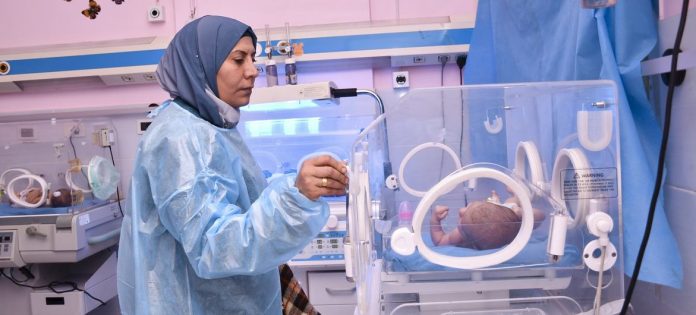The United Nations World Health Organization (WHO) has issued a $56.4 million flash appeal to address critical healthcare needs in Syria, where years of conflict and recent political upheaval have left the healthcare system on the brink of collapse.
Escalating Health Crisis
The fall of the Assad regime in late November 2024 has added new challenges to an already dire situation, including significant population displacements and the return of refugees from neighboring countries. Since November, over 882,000 Syrians have been displaced amid escalating violence, placing unprecedented strain on the country’s fragile health infrastructure.
Key issues include:
- Over 50% of Syria’s hospitals are non-functional.
- 141 health facilities in northern Aleppo and Idlib face imminent closure due to funding shortages.
- Attacks on health facilities surged, with 37 incidents reported in the past month alone.
WHO’s Strategic Response
WHO’s acting representative for Syria, Christina Bethke, highlighted the severity of the crisis, emphasizing the urgent need for funding to sustain healthcare services.
“Our teams are working tirelessly to provide care through mobile clinics, restore immunization services, and integrate mental health support into health facilities,” she said.
If fully funded, WHO’s six-month strategy aims to:
- Strengthen trauma care and deploy ambulances.
- Restore maternal and child health services.
- Enhance disease surveillance and enable timely patient referrals.
- Improve health system coordination through its hub in Gaziantep, Türkiye, which supports approximately five million Syrians, including those in hard-to-reach areas.
Refugees and Returnees: Facing New Challenges
The UN High Commissioner for Refugees (UNHCR) has also reported significant challenges for displaced populations and returning refugees, particularly vulnerable groups such as women, children, and persons with disabilities. Key challenges include:
- Destroyed homes forcing returnees to live in tents, with extended families, or pay exorbitant rents.
- Risks posed by unexploded ordnance (UXO) in agricultural lands and near former frontlines.
- The need for legal assistance, psychosocial support, and school rehabilitation.
UNHCR and its partners are actively responding by:
- Resuming protection activities in Aleppo, Hassakeh, Ar-Raqqa, and rural Tartous.
- Implementing livelihood grants, relief distribution, and prevention of sexual violence programs.
- Conducting awareness sessions on UXOs and harmful objects to protect returnees from hidden dangers.
A Call for International Support
The combined efforts of WHO, UNHCR, and other agencies are vital in addressing Syria’s worsening humanitarian and healthcare crises. However, these initiatives hinge on adequate international funding and support.
By contributing to this urgent appeal, the global community can help safeguard the health and dignity of Syrians, while providing hope for a safer and more stable future. For more updates on Syria’s health and humanitarian challenges, follow our platform as we continue to report on global solutions to these pressing issues.




